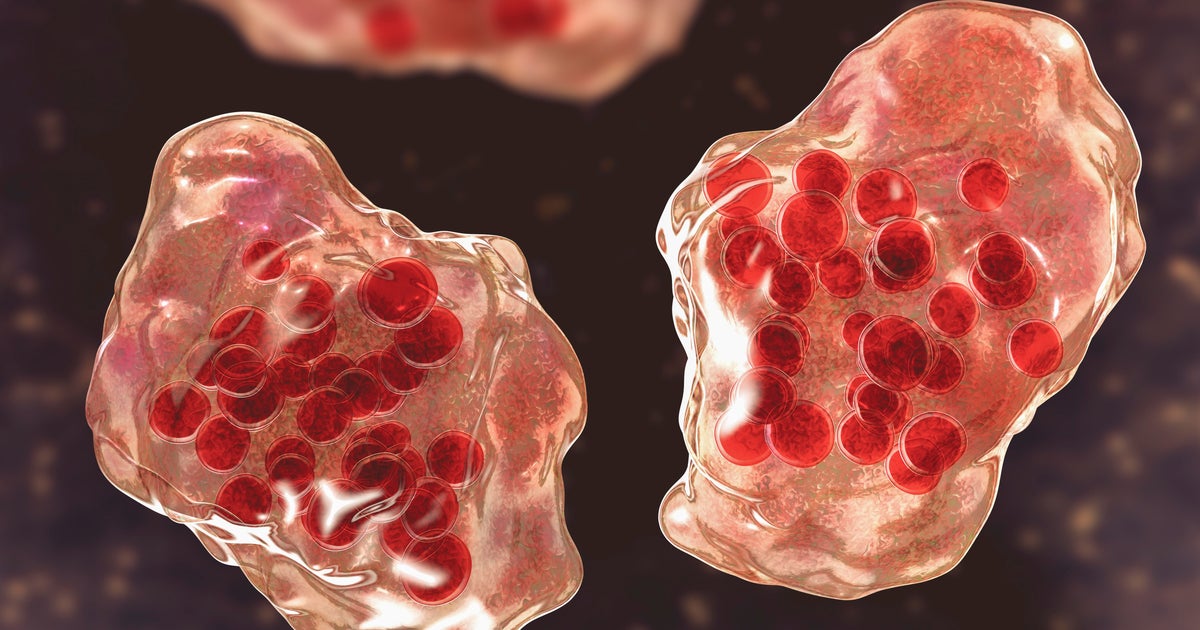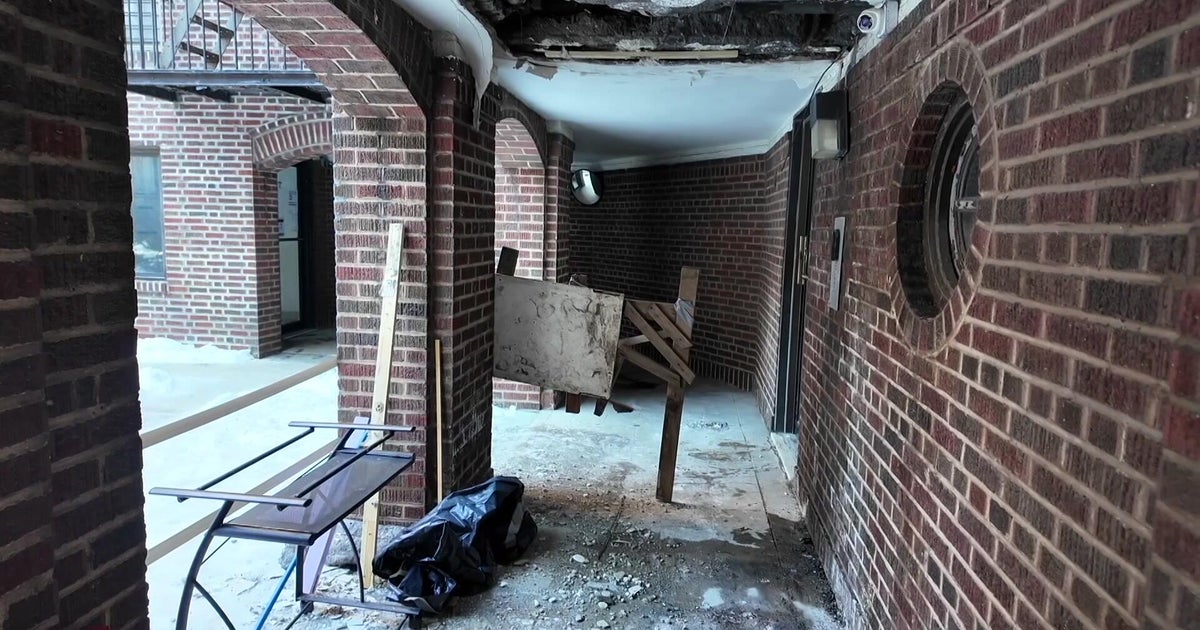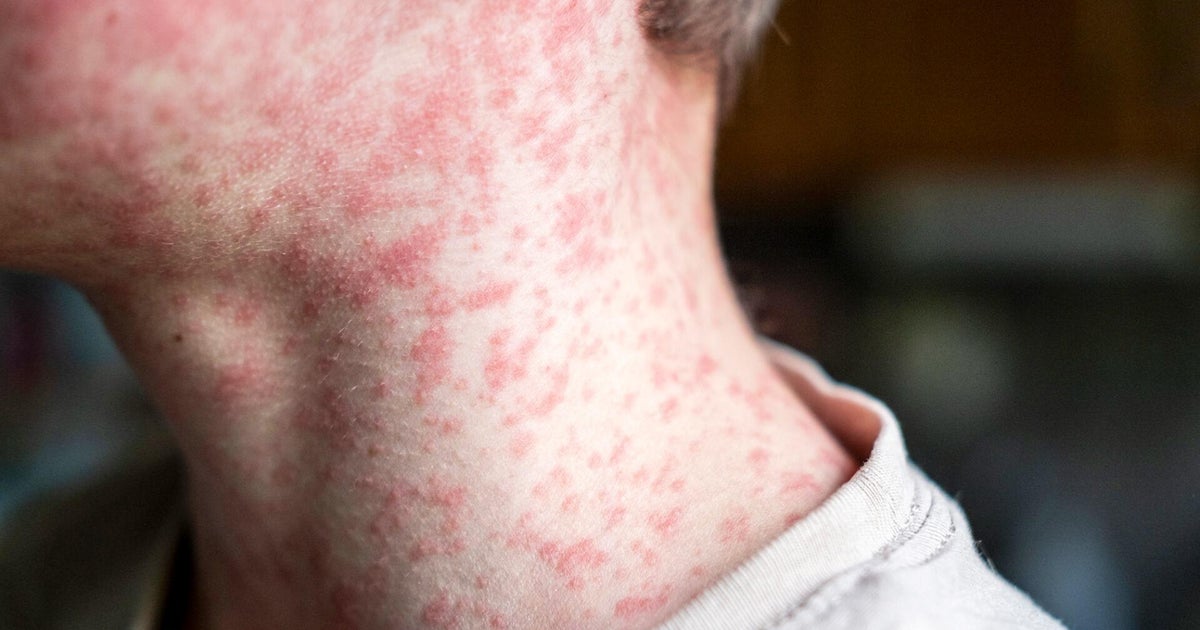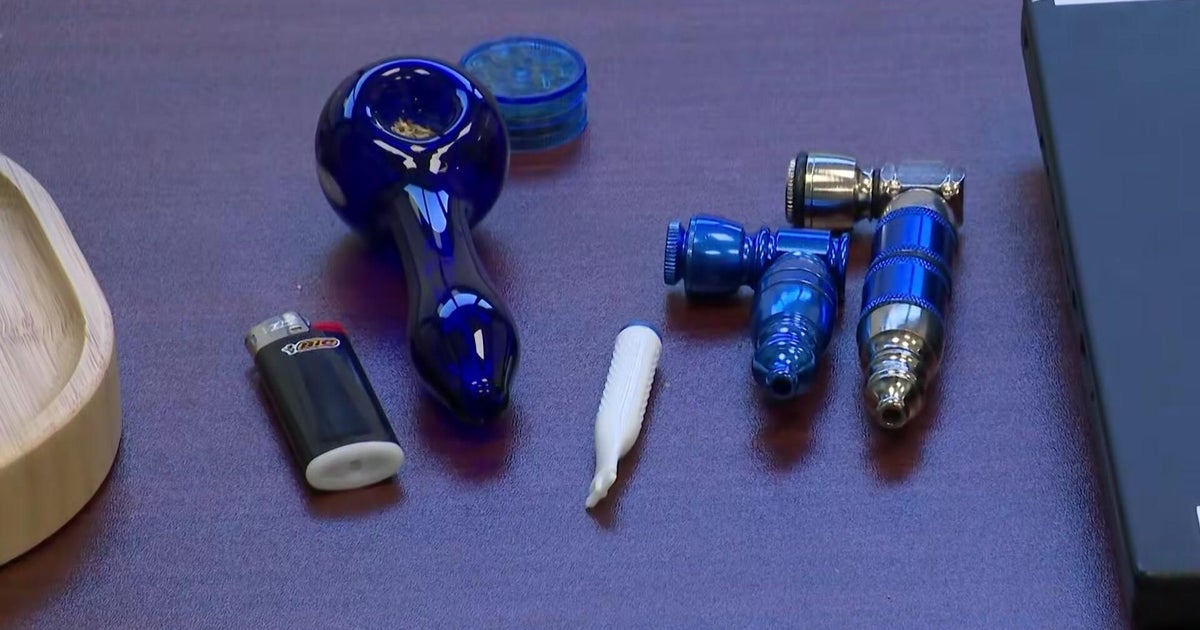New Pre-Print Study Suggests COVID Reinfection Is Not That Rare
(CBSNewYork/CBS Local) - There's some bad news and perhaps some good news for people who've been previously infected with the coronavirus.
On the one hand, you may not be as protected as you think, but there's a chance a single vaccine dose will do the trick.
As CBS2's Dr. Max Gomez explains, with the number of Americans who've had at least a mild case of COVID estimated at anywhere from 26 million to as many as 100 million, the hope has been that those folks have developed antibodies to the coronavirus and are now immune to reinfection.
Case reports of re-infection have been pretty rare. But now, a not-yet peer-reviewed pre-print study of nearly 2,000 young, healthy Marine Corps recruits concludes reinfection is not that rare.
Of the recruits who tested positive for COVID antibodies at the beginning of training, "almost a fifth and so getting infected... does not exclude you getting reinfected, and it's going to be common," said Dr. Stuart Sealfon of the Icahn School of Medicine at Mt. Sinai.
Dr. Sealfon points out, even with reinfection, the young recruits were mostly asymptomatic but still able to spread the virus.
TRENDING STORIES ON CBSMIAMI.COM
- 'A Very Dark Day': FBI Loses 2 Agents Shot & Killed While Serving Warrant In Sunrise
- 'Something Went Awfully, Awfully Wrong' Says Former FBI Agent On Shooting In Sunrise
- Mar-A-Lago Members Leaving Following Trump's Return
On the plus side of the previously infected side of the pandemic, a separate pre-print study from Mt. Sinai suggests that previously infected COVID patients may be able to get a single dose of vaccine and still achieve as high or higher levels of COVID-neutralizing antibodies as those who get both doses. That suggests we could expand vaccine supplies by just giving a single dose to previously infected people.
However, before changing our vaccination policies, how do you reliably determine who was previously infected? Do those new high antibody levels actually protect from COVID disease? And even if they do, will they keep you from spreading the virus to others?
Much more research is needed.







